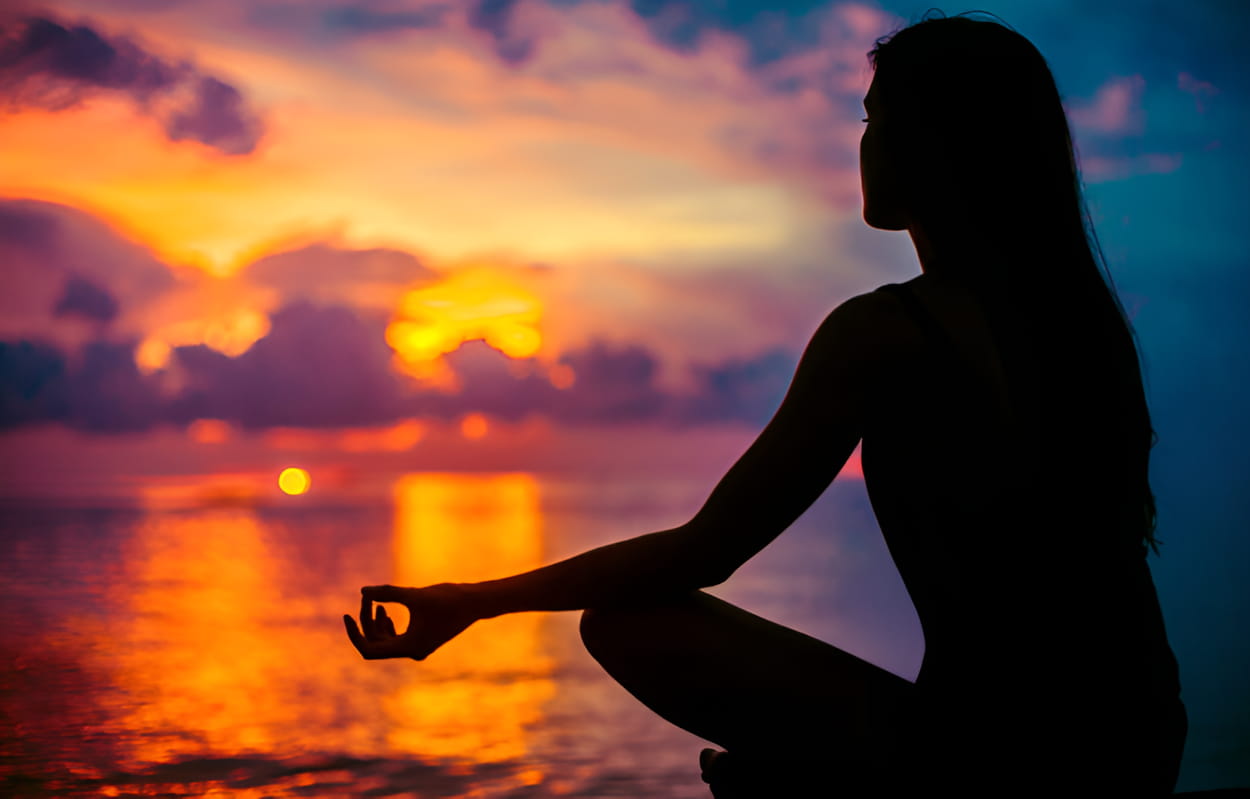
What does holistic health even mean these days?
Every wellness influencer is talking about it, but a lot of them have no idea what it actually involves. Holistic health is almost a buzzword, but if we're being real, there's a whole lot of confusion around it.
One person tells you that holistic health can cure anything. Chronic pain? Stress? Sure, it can heal those two and anything in between. Then the next day, another person says it's just a fad.
The problem is that most of the 'facts' random people are spewing come from myths and misunderstandings.
Most of them are based on outdated information and half-baked opinions. So how do you know what's true?
Holistic health is getting more popular and, as the interest in it grows, so does the number of misconceptions.
Let's clear up the confusion.
Acupuncture and herbal medicine are great, and they definitely have their place in holistic health, but there's more to it than just alternative treatments.
This is a lifestyle that includes numerous healthy habits (e.g., eating healthy, taking care of your mental health, doing plenty of exercise, finding ways to manage stress, etc.), and along with this, you also use alternative therapies if and when you need them.
It's about taking care of your overall well-being and finding balance.
Some people are skeptical about holistic health because they see it as something unregulated and, because of it, unsafe.
But a lot of holistic practices, like acupuncture and chiropractic care, are regulated by health authorities. Practitioners go through detailed, rigorous training and certification to make sure that the treatments they offer are effective and safe.
You should always choose a licensed, experienced professional, of course, but you should also know that many holistic treatments are heavily regulated.
Nope. Absolutely untrue.
Holistic health is for everyone, even if all you want is to improve your well-being. The point is to prevent problems before they start, and you do that by focusing on things like stress management, eating healthy, getting enough sleep, and staying active.
And for those who are recovering from injuries (e.g., like from slip and fall accidents or something similar), holistic health practices such as physiotherapy and mental wellness support can do a pretty great deal when it comes to recovery.
You can – and should – always get help for your slip and fall injuries, or any other type of injury, to take care of the legal/practical side of things, since you never know whether you might get compensated because the law is on your side and should’ve protected you in the face of that accident.
Let professionals do what they do best so that you can 100% focus on your recovery.
What's even natural anymore anyway? Living in a tree and eating berries?
There's this idea that, to live a holistic lifestyle, you have to reject modern medicine, technology, processed food, and pretty much anything else that makes you comfortable. But this is extreme, which goes against the idea of a balanced life, and that's what holistic health is truly about.
You can still use your smartphone and drink Starbucks.
But if you're interested in holistic health, you should also think about making better choices, like eating more vegetables and getting more fresh air.
Another big fat nope.
Holistic health doesn't necessarily involve expensive treatments. It's pretty affordable. Is taking a walk expensive? Is meditation? You have to remember that holistic health is a lifestyle, not a bunch of treatments and supplements under one name.
What you want to do is to make small but meaningful changes in your life – the sole goal is to improve your health.
Holistic health doesn't have a cookie-cutter approach because, if it did, there would be no point to it. It's personalized, and that's why it works so well. What works for you might not work for someone else, and vice versa, and that's totally fine.
Holistic health is about understanding what you need and finding what works best for you.
You need to take your entire lifestyle into account, the challenges, the goals, and the preferences, and then make a health plan according to that.
Well, wouldn't that be sad?
Luckily, this is 100% false because holistic health has been around for thousands of years.
Alternative-type practices (e.g., Chinese medicine, Ayurveda, etc.) have been used for centuries; they're still very much relevant today.
In addition to this, we now have studies that show how holistic practices like meditation and stress management have a real, positive impact on your health. Holistic health isn't going anywhere, don't you worry.
No magic cures here, that's not what holistic health is.
You also don't need to reject modern medicine, the Internet, running water, or cheeseburgers.
The point is balance, in everything. You focus on the whole picture instead of just one part and, in doing so, improve your quality of life.